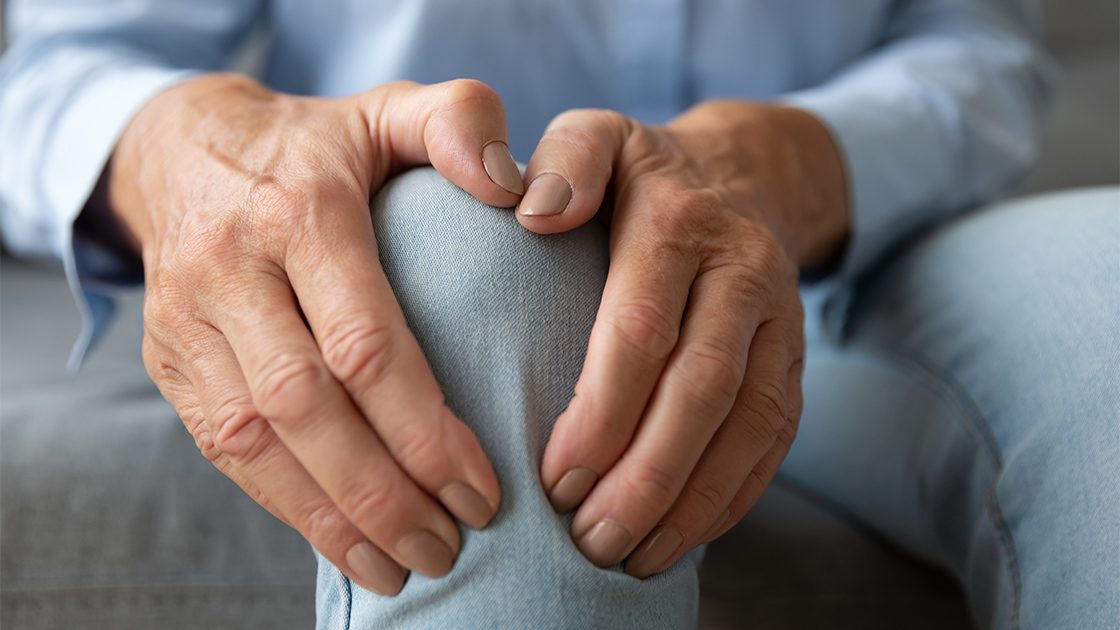Page Contents
Knee pain can be a debilitating condition that affects millions of people around the world. Whether it’s caused by an injury, arthritis, or other underlying conditions, finding effective solutions for knee pain management and recovery is crucial. One innovative method that has gained attention for its precision and effectiveness in addressing knee pain is laser therapy. In this blog, we’ll explore how laser therapy works, its safety, the benefits it offers, and whether it can truly provide relief for.
How Laser Therapy Works
Laser therapy, also known as low-level laser therapy (LLLT) or cold laser therapy, is a non-invasive treatment method that utilizes specific wavelengths of light to interact with the body’s tissues. It’s important to note that this treatment does not involve surgical incisions or the use of intense heat. Instead, it harnesses the power of light to promote healing and alleviate pain.
During a laser therapy session for knee pain, a precise and controlled dose of laser light is directed at the affected area. The damaged tissues absorb the penetrating light through the skin. This interaction triggers a series of biological responses. It stimulates the release of endorphins, the body’s natural painkillers, which help reduce pain and inflammation in the knee. Additionally, laser therapy enhances circulation, bringing more oxygen and nutrients to the damaged area, thus accelerating the healing process.
Is Laser Therapy a Safe Method for Addressing Knee Pain?
One of the primary concerns for individuals considering laser therapy is safety. The good news is that trained and qualified healthcare professionals generally consider laser therapy safe when administering it. The treatment is non-invasive, meaning there are no incisions or needles involved. It’s also painless, with most patients reporting only a mild, soothing warmth during the session.
Laser therapy is often used in conjunction with other conservative treatments for knee pain, such as physical therapy or medication. This combined approach helps address pain and promotes healing effectively. However, it’s crucial to consult with a healthcare provider before undergoing any treatment to ensure it’s the right choice for your specific condition.
The Benefits of Laser Therapy
Laser therapy offers several benefits for individuals seeking knee pain relief and recovery. Some of the key advantages include:
1. Pain Reduction: Studies have shown that laser therapy effectively reduces pain, which is a primary concern for those with knee pain. By stimulating the release of endorphins and reducing inflammation, it can provide significant relief.
2. Inflammation Reduction: Inflammation is a common component of knee pain, and laser therapy’s anti-inflammatory properties can help alleviate this symptom.
3. Non-Invasive: As a non-invasive treatment, laser therapy is a preferred option for those who want to avoid surgery or more aggressive procedures.
4. Speedy Recovery: Many individuals experience faster recovery times when laser therapy is included in their treatment plan. This means getting back to daily activities and a more active lifestyle sooner.
Will Laser Therapy Work on Knee Pain?
The effectiveness of laser therapy in addressing knee pain can vary from person to person. It often depends on the underlying cause and severity of the knee pain. While laser therapy has shown promising results, it may not be a standalone solution for every individual.
Laser therapy is typically part of a comprehensive treatment plan, which may include physical therapy, medications, or other modalities. Your healthcare provider will assess your condition and tailor a treatment plan that best suits your needs.
Laser therapy offers a safe and effective option for addressing knee pain. It can provide pain reduction, reduce inflammation, and promote a faster recovery. However, its success depends on individual factors, so it’s essential to consult with a healthcare professional to determine the most suitable treatment plan for your specific knee pain condition. Laser precision for knee pain management and recovery is a promising avenue for those seeking relief and a return to an active lifestyle.
